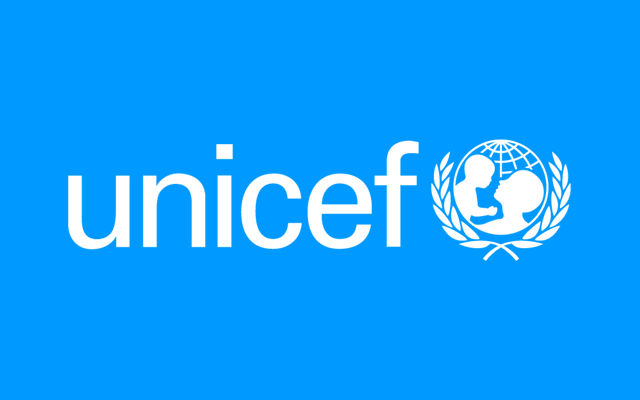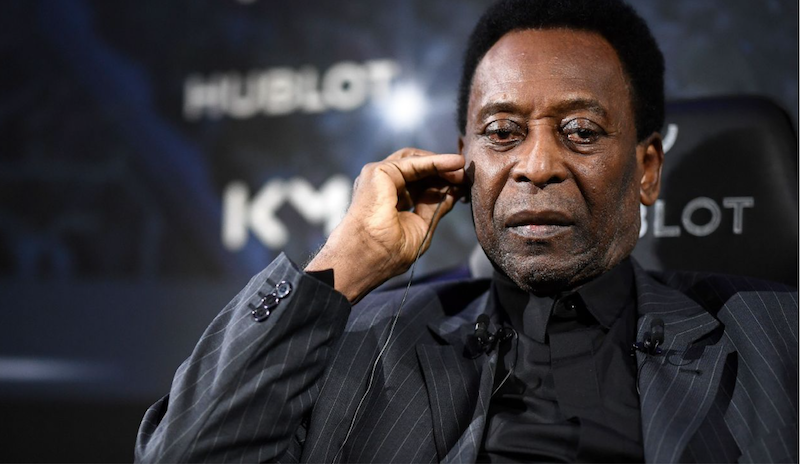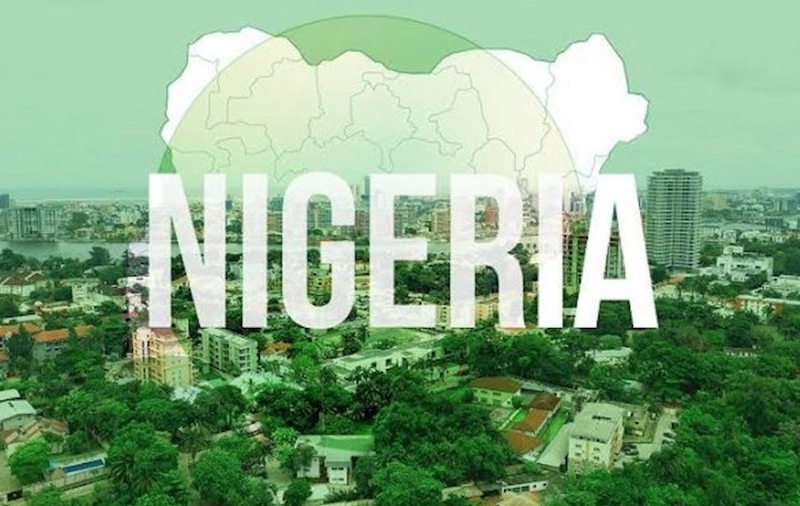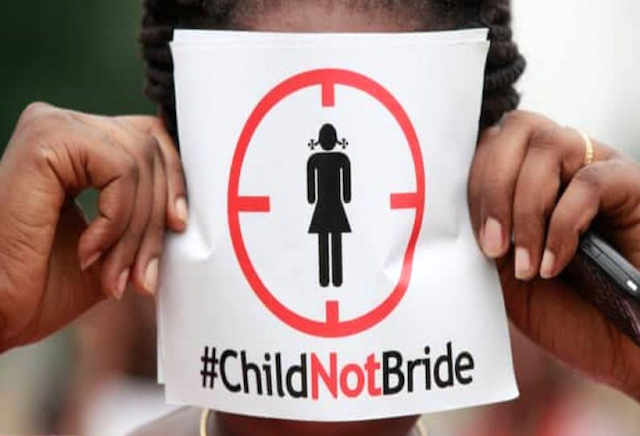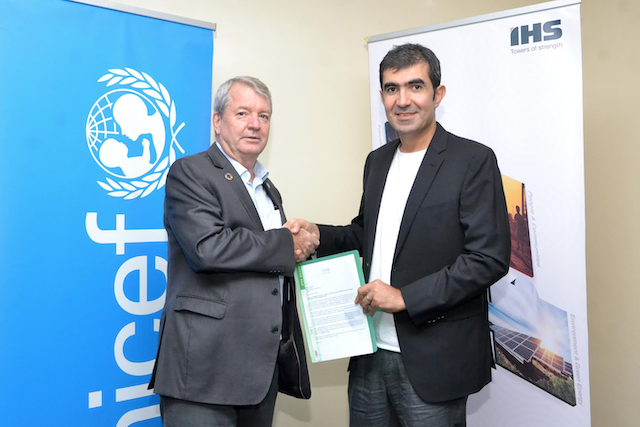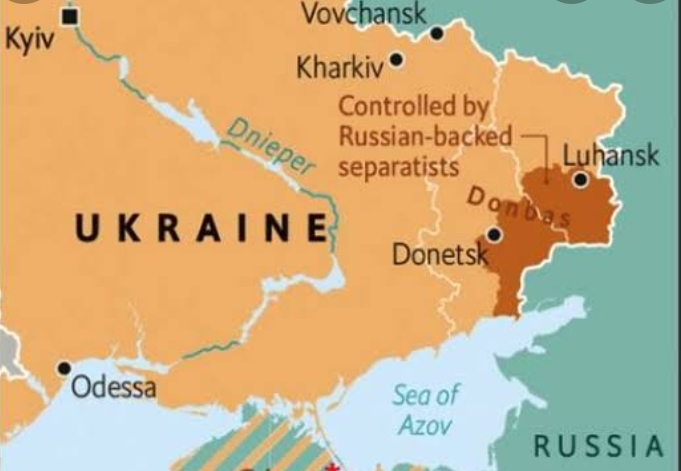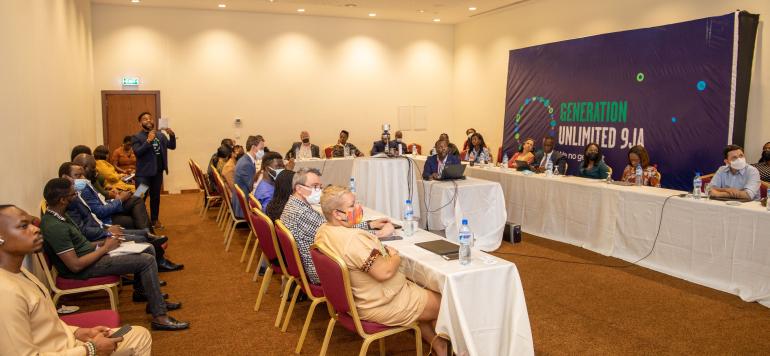By Ikeddy ISIGUZO
Pele as humanity knows him was an exceptional human being that put his precocity to use extending the fringes of football from a round object to an object of sounds, sights, sizzling sensations, more shapes, and shades.
He was Brazilian but belonged to humanity. He played football in the previous century, across three decades, yet people discuss him as if it was yesterday.
Few have impacted humanity like Pelé with seeming little efforts of playing football. He excelled in things he did.
We started seeing him as immortal. After 82 years, nobody seems to have had enough of Pelé. He was a permanent presence in football.
Pelé did more for football than anyone could. Debates about his place in game are a waste of time and tome.
Three World Cup titles, the first at 17, and rounding up his World Cup career at 29 with the victory at the 1970 World Cup are exceptional. Pelé missed full participation in the 1966 World Cup to injuries from vicious tackles from Bulgarians and Portuguese. Brazil without him was miserable in the competition.
“Success is no accident. It is hard work, perseverance, learning, studying, sacrifice and most of all, love of what you are doing or learning to do,” Pelé said. He worked hard beating the horrors of global racism to walk into hearts with forbidden beliefs on colour.
Recent debates on football’s GOAT may just be another way of diminishing his wondrous football works to enthrone another. Otherwise how can a three-time World Cup winner be compared with someone who won once or has never won?
Way back in 1961, at 21, the Brazilian parliament had passed a law that declared Pelé a national asset. No foreign club could sign him on. The law was responsible for Pelé not playing professional football in Europe.
The legend never played in the Olympic Games too, but in 1999, he was one of nine sports people that the International Olympic Committee, IOC, named him the Athlete of the Century on votes National Olympic Committees all over the world cast.
Why Pelé? Why not boxing legend Muhammed Ali, who as Cassius Clay at 18 won the heavyweight gold in boxing at the 1960 Olympics in Tokyo? Those at the apogee of world sports, not just football, could not be wrong. Football was one of 35 sports on the Olympic programme by 1999.
Pelé crystallised his place in football for decades. His investments in and commitments to football were beyond the World Cup pitches in Switzerland, Chile, England, and Mexico. He cared for football. He cared for people.
The experiment that planted football firmly in the United States of America and popularised it, centred on Pele. Former American Secretary of State, Henry Kissinger flew all the way to Brazil to invite Pelé to play in the American league. Does anyone of substance have such high octane interventions for Nigerian sports?
After his retirement in 1974, Pelé signed a three-year $7 million contract in 1975 with the New York Cosmos of the North American Soccer League and to promote the game in the United States. He drew the best of the era out of retirement to play in America. Pelé retired in 1977 after leading the Cosmos to the league championship.
“Football has lost the greatest in its history today – and I have lost a unique friend. Pelé had three hearts: for football, for his family, for all people. He was one who played with the stars and always stayed grounded,” said Franz Beckenbauer, 77, one of those Pelé attracted to Cosmos New York.
No player went round the world for football more than Pelé. He visited Nigeria twice with his club Santos in January 1969, playing against the Green Eagles in a 2-2 draw and against Mid-West All Stars at the opening of the Ogbe Stadium, Benin City, at the instance of Sam Ogbemudia. Santos won 2-1 but fans were unhappy that Pelé did not score.
This was the visit that generated the fable that Pelé stopped the Civil War in Nigeria for fans from both sides to watch him play. He did not. By the time of Pelé’s visit, the war was in Biafran territory and too far away for anyone in Biafra to have crossed to Benin City or Lagos to watch Pelé.
Another visit in 1976 when he was to hold a series of clinics was marred by the 13 February coup that killed General Murtala Mohammed, the Head of State.
Pelé in figures –
Won three World Cup titles with Brazil in 1958, 1962 and 1970 – the only player to have won the World Cup thrice.
Youngest-ever player to win the World Cup trophy at 17, the record stands 64 years on.
Scored 757 goals in 812 official matches for club and country, a record that stood for decades until Portugal’s Cristiano Ronaldo eclipsed his tally.
Brazil’s Football Association, CBF, and Santos say Pelé scored a total of 1,283 goals in 1,367 matches while FIFA puts the figure at 1,281 goals in 1,366 games.
Netted 77 goals in 92 official matches for Brazil – the country’s all-time leading goal scorer, alongside Neymar, who netted his 77th goal in the 2022 World Cup.
Scored 12 goals in World Cups.
Registered six assists at Mexico 1970 – a record for one World Cup.
Pelé is the youngest scorer, youngest hat-trick scorer, youngest final player and youngest final scorer in World Cup history.
Pele became the second man to score in four World Cups in 1970. West Germany’s Uwe Seeler pipped him to the record by merely three minutes.
Scored 92 hat-tricks across official and unofficial games.
Scored 127 goals for Santos in 1959, thought to be the most goals scored by a club player in one calendar year.
Finished as Santos’ top scorer with 643 goals in 659 competitive matches.
Won Brazil’s Serie A six times with Santos (1961-1965 and 1968).
“My name is Ronald Reagan, I’m the President of the United States of America. But you don’t need to introduce yourself, because everyone knows who Pele is.”
“To watch him play was to watch the delight of a child combined with the extraordinary grace of a man in full,” said Nelson Mandela who Pelé greatly admired.
Kings, Queens, Presidents, Popes knew Pelé. He still had those for people who he touched, signing autographs, and taking hundreds of pictures everywhere he went with fans who never believed he was that humble and accessible.
“Even the sky was crying,” was how a Brazilian newspaper captured Pelé’s 1977 final career appearance in a friendly between New York Cosmos and Santos.
Pelé’s works with UNICEF, FIFA, United Nations enlisted the frontiers of football in combatting poverty, illiteracy, health, food crises. He set up his own foundation to extend the reaches of his humanitarian efforts.
Adieu, Pelé you brought flourish, colours, smiles, styles, and strengths that have outlived you to football. There will not be another Pelé, soon.
Ikeddy ISIGUZO, a major commentator on minor issues
